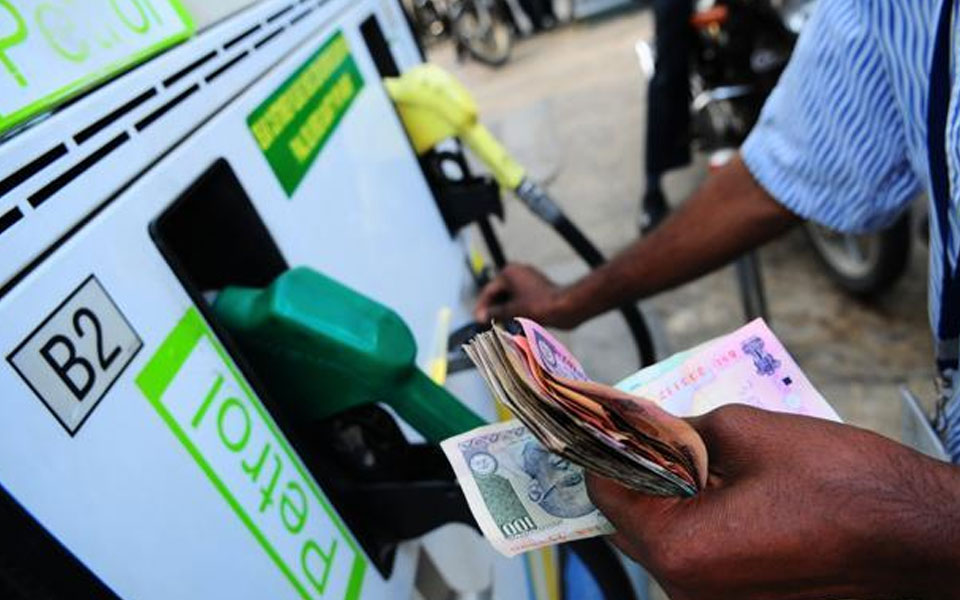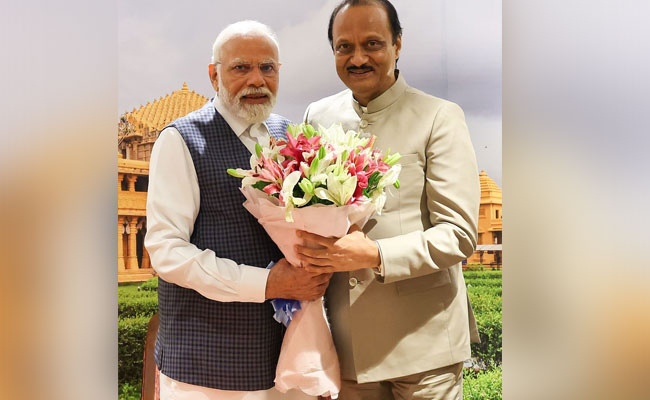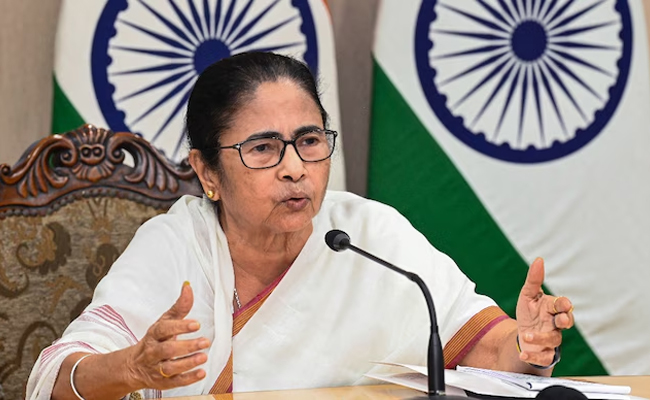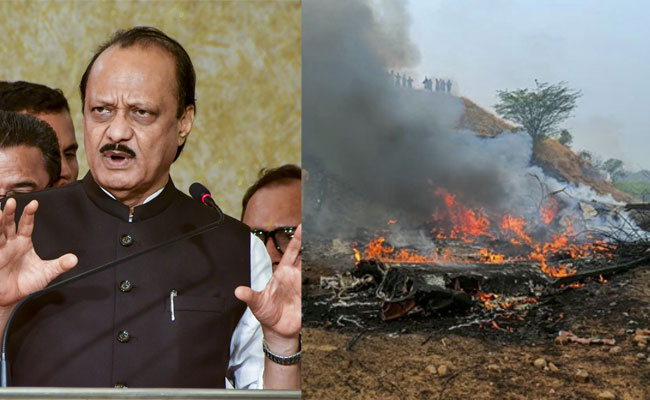The prices of petrol and diesel are increasing since the last month and half. Rupee value has hit the rock bottom. As a result of these two incidences, prices of essential items have been skyrocketing. Congress and left parties staged a nationwide bandh against this. Finance minister Arun Jaitley does not have a straight answer for this uncontrolled hike in fuel prices. He speaks about economy, GDP and fiscal health of the country as a response to questions on this issue. He says the country is in a good space as far as economy is concerned and gives out data on that topic.
But these numbers can never satiate the hunger of general public. Rupee has collapsed to unseen depths in the history of the country to less than Rs 70 against the dollar.In the past, RBI and Finance ministry would take steps to ensure rupee does not have a free fall against the dollar at regular intervals. But ever since liberal economic policy came into being, controlling measures cannot be initiated. Further collapse of rupee would turn the foreign exchange costlier. This would render a serious blow to the foreign exchange. And that in turn, would leave a very heavy burden on the economy of the country.
The hike and reckless run of fuel prices has a reason. They have been made control free and the rates of petrol and diesel hence are beyond anybody’s supervision. Modi govt’s policies regarding this issue are filled with massive loopholes. The govt raised excise duty on petrol and diesel when the rates of crude oil fell in 2014 global market. Between 2014 November and 2018 January, the excise duty has been hiked about 9 times. Petrol carries an excise duty of Rs 11.15 and diesel has Rs 13.47 excise duty component on that. Hence, even if the crude oil rates come down, the benefit of that will not be passed on to the general public.
The taxing system in India is a very complicated and unsavoury one. Value added tax would be applied in states above excise duties from the central government. Hence half the price of fuel goes as taxes. Though Rs 2 has been reduced from taxes in 2018 budget, it has not made much of a difference to the people. On one hand, Rs 2 tax has been reduced and a cess of Rs 8 has been added. About six years ago, crude oil had reached USD 140 per barrel, now it is $ 70 per barrel. With this, ideally, petrol and diesel rates should have been reduced. But why did it increase? The whole reason for this is the unfriendly policies of Narendra Modi govt. It is not an appropriate step for the government to have opened everything for liberalization, in the name of economy. Petrol, diesel and LPG rates must be controlled by the government. Along with this, the rupee value has to be controlled and checked. Else, the government will have to face the ire of the people.
Inflation and increase in prices of essential commodities, are the result of constantly increasing fuel prices. Around July 2018 and the corresponding time last year, index stood at 6.9% apart. Petrol and diesel rates have increased manifold after that. This has led to transportation and increased expenses in tractors and pumpsets. Farmers are in deep trouble. If the increase in excise duty is not withdrawn, situation may turn even worse. But the Modi govt is refusing to reduce the rates on the pretext of maintaining economic balance. This government gave tax rebates to the rich and affluent. And now it is snatching away savings from the poor and the helpless.
Excise duty is very high on the most essential needs of most people, the fuel. And this rate keeps changing everyday. Petrol and diesel come from foreign countries. Hence, we end up paying more say the union ministers. How come India was still charging high rates on this product even when international crude oil rates were high? The government needs to bring down excise duty on petrol, diesel and LPG. Frustration is piling up among people against these issues. Soon, the BJP party would be approaching people for its votes to win elections again. The government has to somehow find ways to reduce the excise duty and bring down prices.
Let the Truth be known. If you read VB and like VB, please be a VB Supporter and Help us deliver the Truth to one and all.
New Delhi (PTI): Prime Minister Narendra Modi on Wednesday said the death of Maharasthra deputy chief minister Ajit Pawar in a plane crash was untimely and very shocking.
In a post on X, Modi said Ajit Pawar was a leader of the people with a strong grassroots level connect.
Pawar, 66, and four other persons were killed after an aircraft carrying them crashed near his hometown Baramati in Pune district on Wednesday morning, officials said.
"Shri Ajit Pawar Ji was a leader of the people, having a strong grassroots level connect. He was widely respected as a hardworking personality at the forefront of serving the people of Maharashtra.
"His understanding of administrative matters and passion for empowering the poor and downtrodden were also noteworthy. His untimely demise is very shocking and saddening. Condolences to his family and countless admirers. Om Shanti," Modi said.





